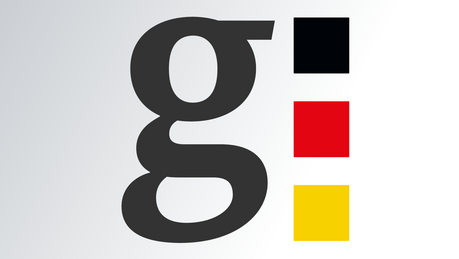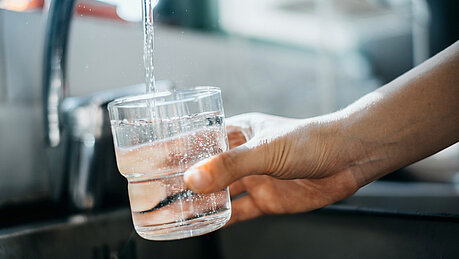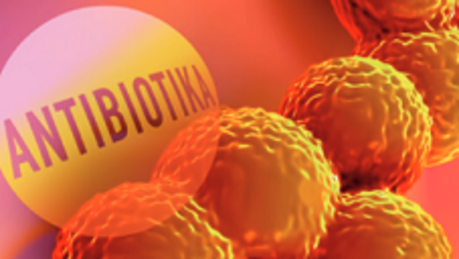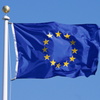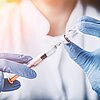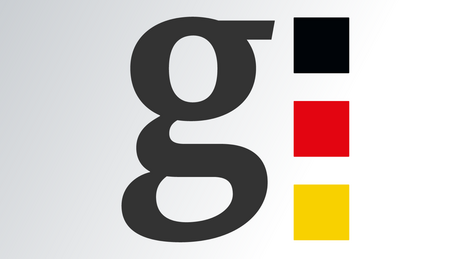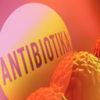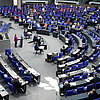Warken: We want to make the supply of medicinal products more secure
Federal Minister of Health at EPSCO in Luxembourg
© Copyright: BMG/Xander Heinl
Bundesgesundheitsministerin Nina Warken spricht vor Kameras
Federal Minister of Health Nina Warken attended the European Union (EU) Employment, Social Policy, Health and Consumer Affairs (EPSCO) Council meeting in Luxembourg on 20 June 2025.
The Council meeting of the health ministers of the EU member states included discussions on Europe’s resilience in the supply of medicinal products as well as on improving the innovativeness and competitiveness of the pharmaceutical industry in Europe.
The EU member states are taking a three-pronged approach to making the supply of medicinal products to the population more secure. The pharma package and the Critical Medicines Act will allow us to ensure that innovations reach the European market more quickly and that we bring the manufacture of medicinal products back to Europe. The Urban Wastewater Treatment Directive is also under discussion. All three initiatives are geared to making Europe more independent and more resilient. Because patients in Europe need to be able to rely on a good, fast supply of medicinal products even during crisis periods.
Click on the button to reload the content.
The main topics at the EPSCO Council meeting
The European Commission presented a proposal for a Critical Medicines Act in March 2025. The EPSCO Council Meeting marks the start of the Council negotiations. The Critical Medicines Act aims to strengthen Europe as a production location, ensure a reliable supply of critical medicines and establish and maintain stable supply chains. For instance, Europe currently depends on foreign suppliers for roughly 80% of its antibiotics.
The EU pharmaceutical package also provides for a more independent European Union going forward. Its goals are to strengthen the innovativeness and competitiveness of the pharmaceutical industry, improve access to innovative and affordable medicinal products and enhance the EU’s strategic autonomy in the supply of medicinal products. EU pharmaceutical legislation will need to be revised for this purpose.
The Urban Wastewater Treatment Directive, which entered into force at the beginning of the year, is also on the health ministers’ agenda. The Directive states that water treatment plants must be upgraded and that at least 80% of the costs of such upgrades must be borne by the main polluters behind micropollutants in wastewater. The problem is that the costs originally estimated are much too low. The EU Commission announced that it would recalculate the costs and assess the impact on the industry sectors concerned.


